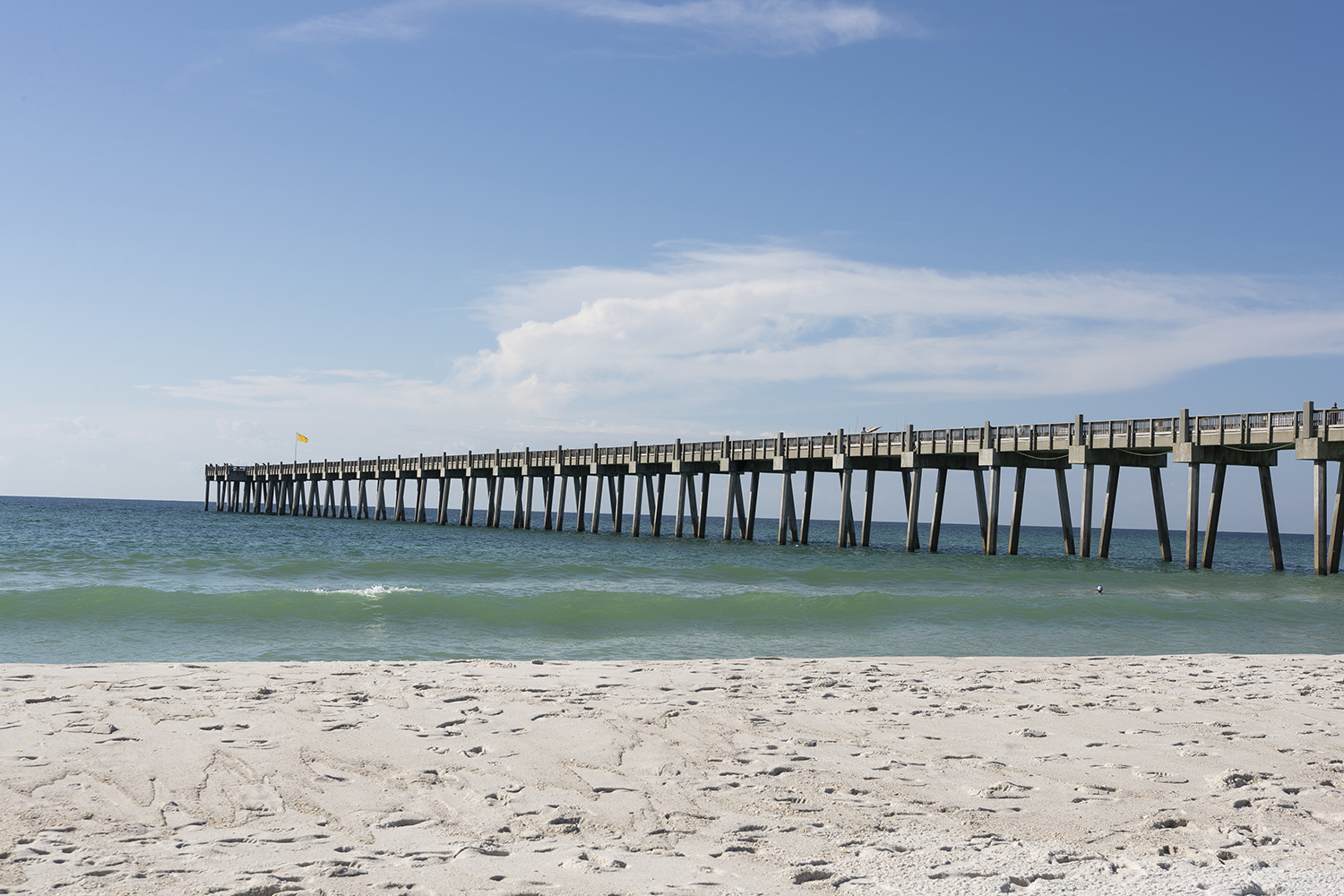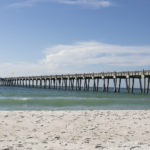COVID-19 impact: local hospitality and tourism industry
When the COVID-19 outbreak caused local businesses to pivot and find new ways to stay afloat during the economic downturn, Dr. Alison “Ali” Green, UWF Department of Global Hospitality & Tourism Management chair and associate professor, wanted to do her part. Through her podcast, “Navigating Hospitality,” she hosts weekly virtual hospitality roundtables that bring prominent leaders in the community together for sharing information about the current state of the local industry.

When the COVID-19 outbreak caused local businesses to pivot and find new ways to stay afloat during the economic downturn, Dr. Alison “Ali” Green, UWF Department of Global Hospitality & Tourism Management chair and associate professor, wanted to do her part. Through her podcast, “Navigating Hospitality,” she hosts weekly virtual hospitality roundtables that bring prominent leaders in the community together for sharing information about the current state of the local industry.
“When this all came down, my heart was breaking,” Green said. “I was in the industry for over 20 years and when everything came to a halt, I stood by watching as hotel occupancy dropped, and restaurants closed. Since I am no longer in the industry, I knew I couldn’t directly affect change, but what I could do is bring these people in the industry together and figure out what’s going on.”
“Navigating Hospitality” began in August 2019. Typically, it is centered on social intelligence, manners and etiquette as a primarily school focused podcast, produced each week at Timeless Tanglewood with Chris Horak. With the outbreak of COVID-19, Green shifted her podcast to a gathering place for local leaders. The first roundtable was hosted by Green in March at Timeless Tanglewood, where leaders practiced social distancing by spacing out at a large dining table. Since then, the conversations have been shifted online, covering a variety of topics as the current climate of the hospitality and tourism industry evolves.
Each week, Green reaches out to the same leaders to see what’s going on in real time. She describes the podcast as both an informational and historical platform that enables an authentic gathering of community leaders to talk to both the industry and the public about what’s going on.
“These leaders represent the chamber, food and beverage, sports industry, the hotel industry, and tourism–major players in our local hospitality industry,” Green said. “My biggest thing was that we’re all in this, so let’s learn how together we can best support the industry.”
Blue Wahoos president Jonathan Griffin discussed the upcoming baseball season during a recent roundtable discussion.
“Once they figure out the major league season, we can figure out what we’re going to do too,” Griffin said. ”We have the planning done–from the possibility of having the season go until October to potentially not having a season at all, we are prepared. Like everyone else, we will be changing our practices to include more sanitizing. The good thing is that we are an outdoor venue, but we are going to be learning on a day-to-day basis how to adapt.”
Similar topics emerge from the discussions, as leaders discuss everything from new business practices to emerging loans and grants. With so much uncertainty, Green says that the commonality that we’re all people, is not lost.
“What’s coming out of the roundtables is the human spirit of hospitality and tourism,” Green said. “There’s an awareness that we’re all connected as humans. These local leaders are implementing innovative and creative tools, learning how to adapt their business, embracing the change and seeing how it makes sense.”
Rick West, franchisee and owner of VooDoo BBQ in Pensacola, has attended the roundtable discussions, sharing how his business is handling challenges of COVID-19.
“I think that as we come back into things and as social distancing eases back, a lot of new habits have already been formed by the public,” West said. “With that in mind, we’ll likely revisit our seating arrangements and see how we can change touch points, such as our point of sale and condiment caddies, to make our guests comfortable.”
Among the leaders there is one common consensus: health and safety are paramount.
“As far as recovery goes, we’re watching how other countries are coming back regarding hotels and travel,” Green said. “The restaurants that thrive and want to survive will likely look very different when they come back. The industry will need to adopt technologies, such as using apps to pay and shifting to outdoor seating.”
In the meantime, Green urges the public to support the local hospitality and tourism industry.
“Pay-it-forward and support local places in an immediate way, such as ordering from a variety of restaurants or contacting venues to place a nice down payment if you have an upcoming event,” Green said. “As we emerge from this, consider a staycation–bring your family to the beach and enjoy our local hotels, which will bring people back to work. We are poised here in the panhandle as a drive market to enjoy a quicker comeback than destination only markets.”
To listen to past episodes of Navigating Hospitality, visit https://navigating-hospitality.blubrry.net/. For more information about the UWF College of Business, visit uwf.edu/cob.


